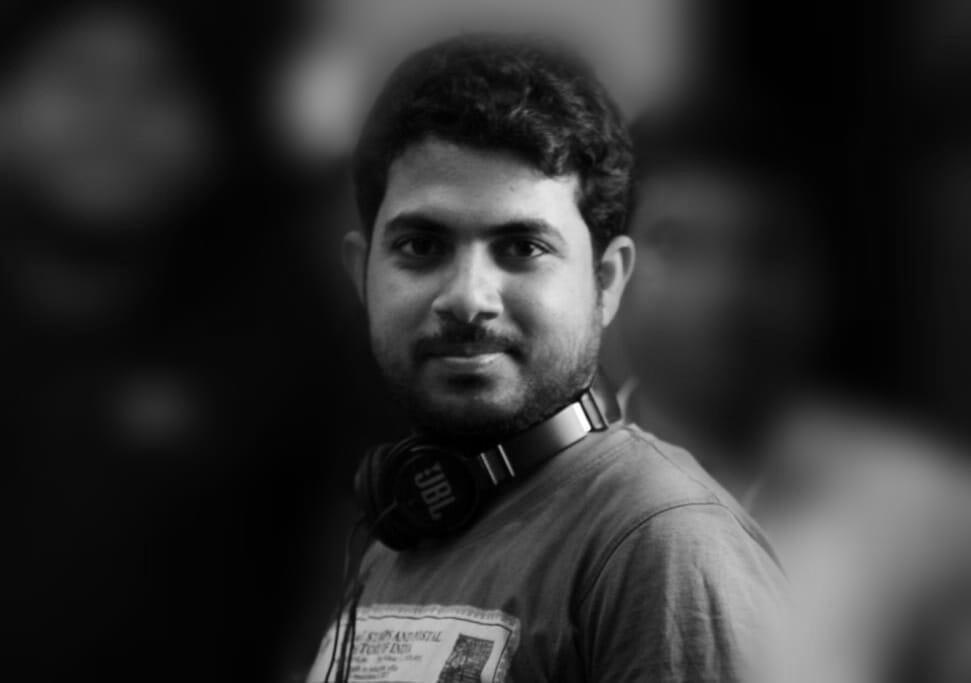- Home
-
Departments & Programs
-
DEPARTMENT OF CINEMATOGRAPHY
Post Graduate Diploma in Cinematography
The three-year Post-graduate Diploma in Cinematography offers both theoretical and practical instruction for the highest qualification of Director of Photography in Films - Fiction as well as Non-Fiction. The course equips students with cinematic aesthetic, technical, and production skills, enhancing collaboration and cooperation through Learning-By-Doing methodology.

Cinematography is a dynamic art. It is a creative and artistic branch of Cinema based on scientific, technological, aesthetic skill, craft and technique to enable communication. The technical as well as artistic methodology of this course helps realize the aesthetical and technical voice of a Cinematographer. The three-year Post-graduate Diploma in Cinematography offers both theoretical and practical instruction for the highest qualification of Director of Photography in Films - Fiction as well as Non-Fiction.
This course fosters an environment for the development of both the creative vision and technical mastery necessary for a career as a Cinematographer. The study program aims to impart technical knowledge and skills, the development of which is attained through a dynamic combination of classroom experience, instructor-led and/or hands-on individual practice, collaborative exercises and workshops conducted by eminent cinematographers.
The course equips students with cinematic aesthetic, technical, and production skills, enhancing collaboration and cooperation through Learning-By-Doing methodology. The last semester in the final year concludes with the production of the diploma film.
DEPARTMENT OF CINEMATOGRAPHY
Course Duration
No of seats
Eligibility

Course Info
The course is based on three methods of learning.
1. THEORY : Science and Aesthetics of Cinematography
The theorical knowledge of Cinematography equips the students with the foundational knowledge to transition from theory to practice, fostering both technical proficiency and an understanding of the aesthetic implications of visual storytelling. Cinematography as both an art and science involves the study of physics, optics, chemistry, and the psychology and physiology of vision. It explores abstract concepts like light, colour, visual perception, and the technical aspects of film and digital sensors, all of which shape the aesthetic nature of cinematic images.
For a cinematographer, the written script is paramount, serving as the blueprint for translating the story onto the screen. Cinematography is positioned as a creative practice influenced by various forms of human expression across arts, literature, poetry, painting, and film history. This interdisciplinary approach nurtures the development of visual storytelling and enhances the artistry of image creation.
2. PRACTICAL KNOWLEDGE
Interdepartmental Practical exercises and masterclasses with eminent Directors of Photography from the film industry allows students to apply foundational knowledge and refine their technical skills in cinematography. Through hands-on practice, students develop the prowess required to effectively use the tools of the trade and master the art of image creation.
The Cinematography Practical focuses on understanding the equipment and methodology of cinematographic practice. Collaboration is key in filmmaking - the practical classes and workshops enable students to work with in-house production infrastructure, building both individual and team skills. The practical training spans the entire filmmaking process, from pre-visualization and production planning to post-production, ensuring students can execute film projects successfully. Students also gain experience working with equipment, managing resources, scheduling, and budgeting, all while learning how to bring a cinematographer's vision to life.
3. FILM PROJECTS
In their projects, cinematography students will develop the key skills needed to collaborate effectively with directors and professionals from other departments (such as direction, editing, and sound). They will also learn to translate their artistic and technical expertise into a cohesive vision for their film projects, taking on the role of a Director of Photography. The last semester in the final year concludes with the production of the diploma film.

.webp)

tG.jpg)








